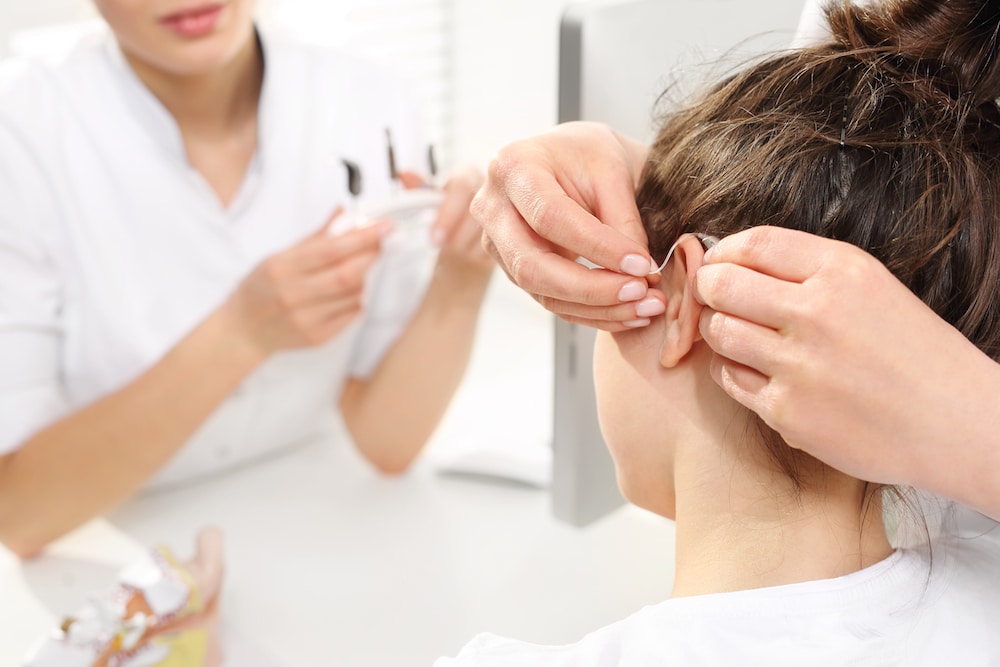
The process of getting your hearing aids involves a number of steps. Your audiologist will need to run a series of tests to check how much hearing loss you’re currently experiencing, they’ll ask you about your lifestyle so they can recommend the best hearing aids for your needs and it will all eventually lead to a hearing aid fitting.
The fitting process with your audiologist will likely be the first time that you get to try on your hearing aids. It can be quite an emotional process, but there’s a number of good reasons why receiving your hearing aids takes a separate appointment. It’s not just a case of picking them up and trying them on either. In fact, a hearing aid fitting can take upwards of an hour or more depending on the circumstances, and it’s one of the best opportunities to ask questions.
You Get To Ask Questions
Your audiologist will set aside a lot of time to help you answer any questions or concerns that you have. You can ask them for advice on how to store your hearing aids, how to clean your hearing aids and so on. It’s one of the best times to get advice and information about your hearing aids, so bring a notebook if possible and jot down the most important things to remember.
You Get To Try Them On
The fit is important with hearing aids. People underestimate just how crucial comfort is, especially for a device that you’re hearing for most of the day. It needs to fit around your ear comfortably (or inside of your ear) and it needs to be stable enough that it doesn’t constantly fall off. The fitting process will allow you to try on your hearing aids for the first time and ensure that they’re a good fit.
There’s An Adjustment Period
People usually don’t realize that there’s an adjustment period when it comes to hearing aids. Hearing aids are usually strange when you first put them on and the sensation you get can be quite different to what you’re used to. Being able to try your hearing aids for the first time can help you adjust to them more quickly, and for anything that doesn’t feel right, you can ask your audiologist if it’s a fault with the hearing aids or if it’s something you just have to get used to.
You’ll Learn How To Maintain Them
Hearing aid repairs can be costly, so the last thing you want is to damage your only pair of hearing aids when you need them the most. The best way to avoid this is to take greater care of your hearing aids so that you don’t end up breaking or damaging them. At your fitting process, your audiologist will give you plenty of information on how to treat your hearing aids properly.